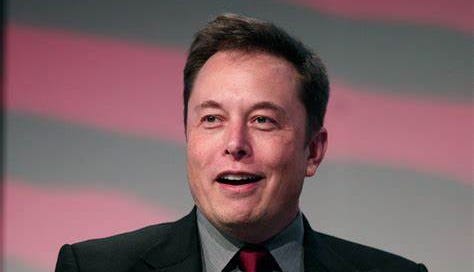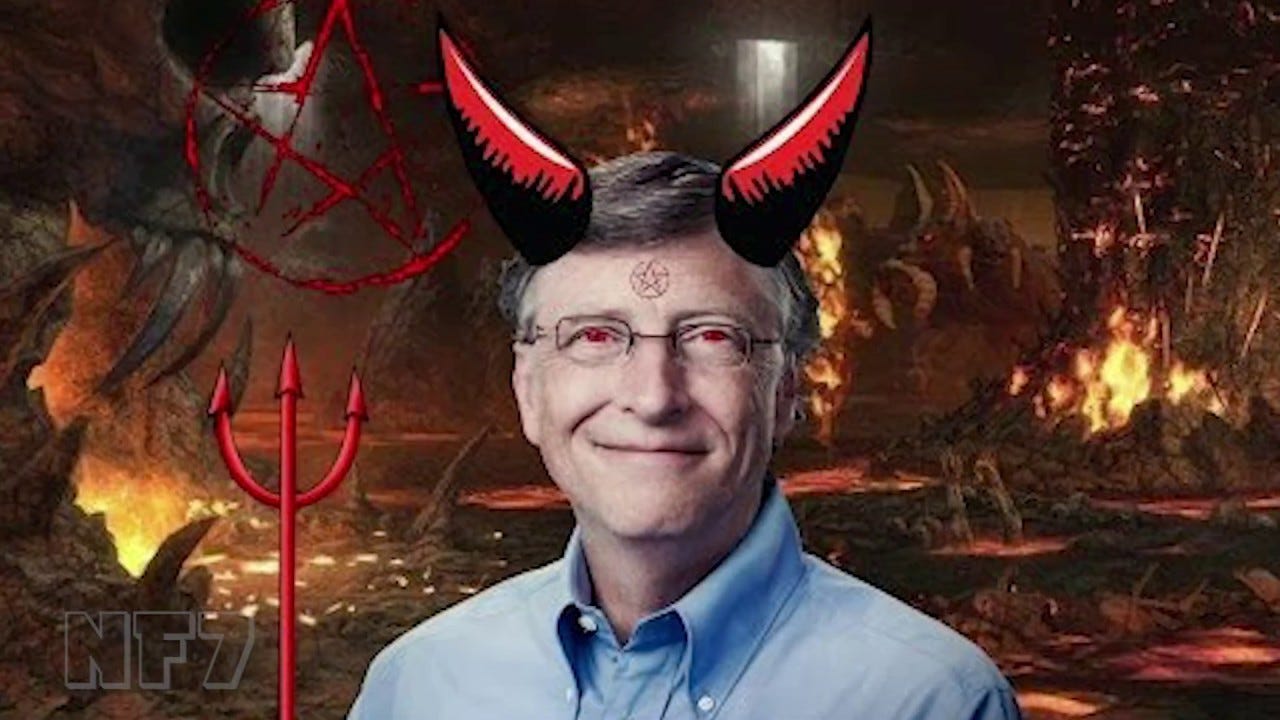People are complaining about Elon Musk more than usual after his takeover of Twitter.
At first, people complained that he was wasting money, since he could have instead solved world hunger for a fraction of the price of Twitter. (https://www.newsweek.com/could-elon-musk-have-solved-world-hunger-instead-buying-twitter-1700942)
Later, people complained about the idea that “free speech costs $8 a month” (https://nypost.com/2022/11/02/elon-musk-mocks-aocs-take-on-twitter-subscription-fee/) and fretted about the threat to democracy of having a billionaire control a social media platform (https://thedailycougar.com/2022/05/18/elon-musk-should-not-have-control-over-twitter/).
Let me explain why this is annoying and reflects badly on the complainers.
Note: I know that Musk is weird, and I’m sure he’s done some uncool things. Nevertheless, I find the critics more annoying.
1. Ridiculous Errors
Some were apparently under the impression that Musk could have solved world hunger for $6 billion. Obviously, that’s false. Not even Elon Musk could do that.
By the way, if that was possible, someone would have done it by now. Bill Gates has given over $45 billion to charity, while Warren Buffett has donated $48 billion. The problem would be solved long ago if it was that easy.
Also by the way, the U.S. government is spending over $5 trillion this year (2022), over 800 times the amount that would have allegedly solved world hunger, yet it came under no criticism for its failure to solve world hunger. The U.S. government probably actually could come close to solving world hunger, unlike any private person or organization.
Why does the organization that collects trillions of dollars from us by force every year escape criticism for failing to solve world problems, while individuals who make a fraction of that amount of money through providing things of value to us come under relentless scrutiny and criticism? Oh, we wouldn’t want to criticize powerful people who get their power by force, would we?
About another complaint: Of course, Musk never said free speech would cost $8 a month; people who don’t pay for the blue check mark are still free to tweet whatever they want.
2. Ideology & Hypocrisy
I was also struck by the people wringing their hands about a rich person controlling Twitter, people who weren’t concerned about a different group of rich people who controlled Twitter before Musk. It’s not as though Twitter was a public utility until Musk came along and privatized it.
What’s the difference? I mean, come on, we all know. The previous group of private, rich owners were left wing and used their censorship powers for the left. Musk previously supported Democrats but recently turned against them due to the excesses of the extreme left (https://www.ndtv.com/world-news/elon-musk-on-how-his-choice-changed-and-why-in-the-past-i-voted-2989024). The real concern isn’t with private control of the public square; the real concern is with non-left-wing control of a significant part of the public square.
3. Musk Is Better than You
What good has Elon Musk done for the world? First, the amount of money he’s made is a rough indicator of the amount of economic value he has produced, i.e., the extent to which his activities have helped to satisfy other people’s desires, because you get money in a free market by giving other people things they want. (This is unlike how you get money if you’re a government official; if you’re a government official, you get money by threatening to hurt people if they don’t hand it over.) Now, even if you think this is only a very rough indicator of the value Musk has produced, it still must be that he has produced more value than all but a tiny fraction of humans on the Earth.
He didn’t do all this from self-interest (as most rich people do). He created SpaceX in part because he wanted to reduce the time till humanity has a multi-planetary civilization, in order to reduce existential risk. You can wonder about whether this is the most effective way to reduce X-risk. But it’s certainly more than almost everyone else on the planet is doing. What have you done lately to reduce existential risks?
He invested in and took control of Tesla partly to help humanity reduce global warming by moving us toward electric-vehicle-based transportation. (And before someone says this, yes, I know that electricity has to be produced using some other technology that may itself produce pollution. But moving to electric vehicles is a necessary step to reducing CO2 emissions and other pollution. No one is claiming that it by itself completely eliminates all pollution.)
In 2014, he released Tesla’s patents, granting everyone else permission to use Tesla’s technology to make electric cars. (https://www.tesla.com/blog/all-our-patent-are-belong-you) This is unheard of, as it is essentially giving away a huge asset for free. Why did he do this? He’s not in the business to collect more money for himself; he’s in it to benefit humanity.
Now about the Twitter deal: He took over Twitter because he thinks the health of liberal democracy depends on free speech. It’s pretty clearly not in his personal self-interest apart from that (he paid $44 billion for a company that loses hundreds of millions of dollars most years: https://www.statista.com/statistics/274563/annual-net-income-of-twitter/). Maybe he’s wrong about the value of free speech. Maybe he won’t be able to improve Twitter much. But at least he’s trying to do something good.
Elon Musk is the richest man in the world. He could quit working and live the rest of his days in the greatest luxury available to anyone on the planet. How many people in such a situation would keep working >80-hour weeks and keep trying to ensure humanity’s long-term survival? And how many of his critics have produced one thousandth of the value that Musk has produced?
If you’re thinking of criticizing someone for not optimally spending his money or time to benefit humanity, I think it’s worth taking a second to think about what exactly you have done for humanity. Which existential risks have you worked to stop, and how much progress have you made on that? If the answer is “none”, then how about thanking the people who have done those things instead of attacking them?
I haven’t done anything like any of the above things that Elon Musk has done. And for that reason, I’m not under attack. No one is going to start tweeting complaints that Huemer isn’t optimally spending his money to stop world poverty, that Huemer isn’t stopping disinformation, or that Huemer’s power is a threat to democracy.
What this means is that we’re using social pressure to punish the people who are doing the most good. Musk is in the top 0.1% (perhaps 0.0000001%) of the most beneficial humans (even if he’s not maximizing the benefit he could create), and he gets scrutinized and criticized for everything important that he does, while people who don’t do anything important escape scrutiny. So the incentive we as a society are creating is to not try to do good.
How about we try thanking the people who are doing vastly more good than we are, instead of lying uselessly on our couches and complaining that those people are not doing even more?
4. Ressentiment
In the background, there is the ressentiment felt by many toward the rich, especially the billionaires. Interestingly, we don’t resent the royal family, nor do we resent people who win the lottery. We resent people who earned their riches. Why? Because when we see someone who has done so much better than us, that reflects badly on us. That’s the real sin. Lottery winners don’t reflect badly on us, since everyone knows they just got lucky.
So we make up stories about how the rich are bad. We’re glad we’re not rich like them, since we wouldn’t want to be as immoral as those billionaires. We never wanted those sour grapes.
Bill Gates, to take another example, has probably saved literally millions of lives with the Bill & Melinda Gates Foundation. (How many lives have you saved?) His reward for this is to have people making up conspiracy theories about him on the internet, about how he’s trying to “depopulate” the world using nefarious vaccines that have microchips embedded in them. (https://www.huffpost.com/entry/bill-gates-coronavirus-vaccine-conspiracy_n_5eb9ab7ac5b69358ef8a9803) If, instead of trying to save people from diseases, he’d just taken his billions and retired on a private island, there wouldn’t be those conspiracy theories about him. Again, we (or the craziest among us) are creating social incentives for people not to try to help humanity.
We’re doing that because when we hear about someone doing enormous good, instead of being happy that that is happening, we are subconsciously resentful that that person is making us look bad by being better than us. We know we’re not that good, so we don’t want to believe anyone else is, and so we refuse to believe it. That’s how crappy humans are.






Forget Musk's efforts to save the human race, transition the world from carbon fuels, his other projects. And forget the Gates Foundation's attempts to end malaria. And Andrew Carnegie's libraries. Forget philanthropic projects of the wealthy. Or whether those projects are driven by ego or love of mankind. Put all that aside.
Our ancestors lived in caves, infested by parasites, chased by predators, constantly on the edge of starvation. Today we have nice things like indoor toilets and medicine. Electric light, refrigerated food, airliners, the Internet. We didn't steal that wealth from other cavemen or from space aliens. Wealth isn't a zero-sum game.
People created those technologies, that wealth. Out of plants and animals, dirt and air, and their own cleverness and work. Who did that? All of us, yes, but a few made vastly larger contributions than others.
Our society is wealthy because of Boulton's engines, Carnegie's mills, Vanderbilt's railroads, Edison's lights, Gates' software, and Musk's cars and rockets. Most of us have always plowed our farms, woven our cloth, done our jobs. And mostly broken even - fed ourselves, raised our children, helped our neighbors survive...and created very little that was new.
But some people are better at creating wealth than others. Just as an Albert Einstein is rare, or a Tiger Woods, or a William Shakespeare is rare, there are a few rare people who are vastly – incredibly – better at creating wealth than most everyone else. Today we call them "billionaires".
They may not be better than most of us at physics, or golf, or literature, or in any other way, but they have a rare talent for creating wealth. Billionaire's money (when honestly earned; I exclude crony capitalists and kleptocrats) mostly reflects value created. Value that benefits us all.
Earning a billion dollars is **really** difficult. See how many try, and how few succeed.
And the living standard at $100 million is virtually identical to that of $100 billion. Most rational people retire when they have enough - long before billionaire status. We are very lucky that a few of these astoundingly productive and capable people keep working - keep chasing dreams - long after their personal material needs are satisfied. They made our world, and will make our future.
Sure, Musk makes us look bad. But only in the sense that Mahatma Gandhi does. Nobody should feel jealous of Shakespeare's writing, Edison's inventiveness, Einstein's discoveries. Nor should we resent them for their talent and success. Au contraire.
This is one of those essays that can help me be a better person. You told the truth and pulled no punches. Thanks so much!